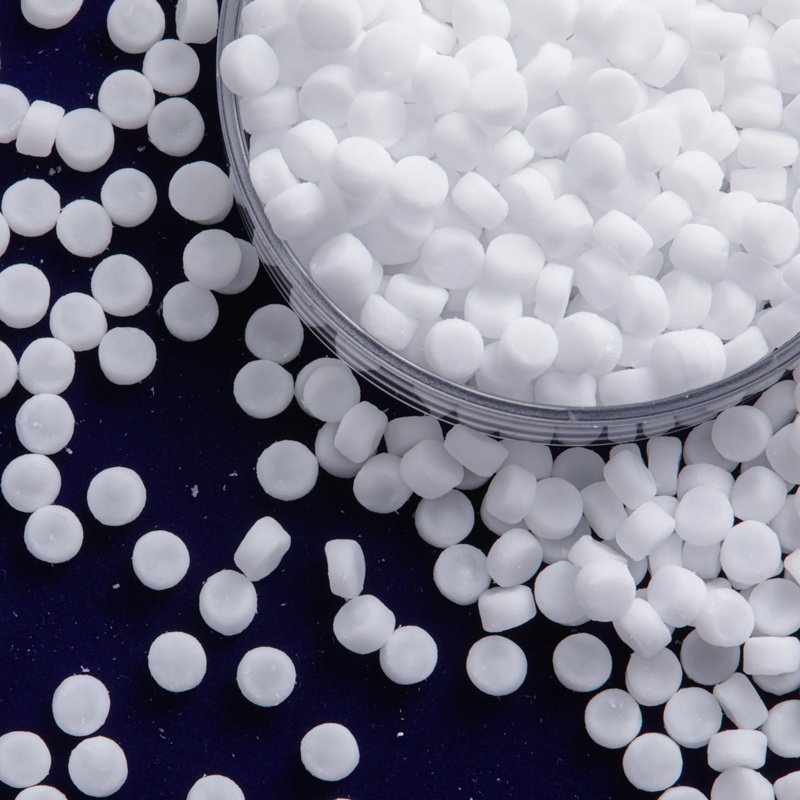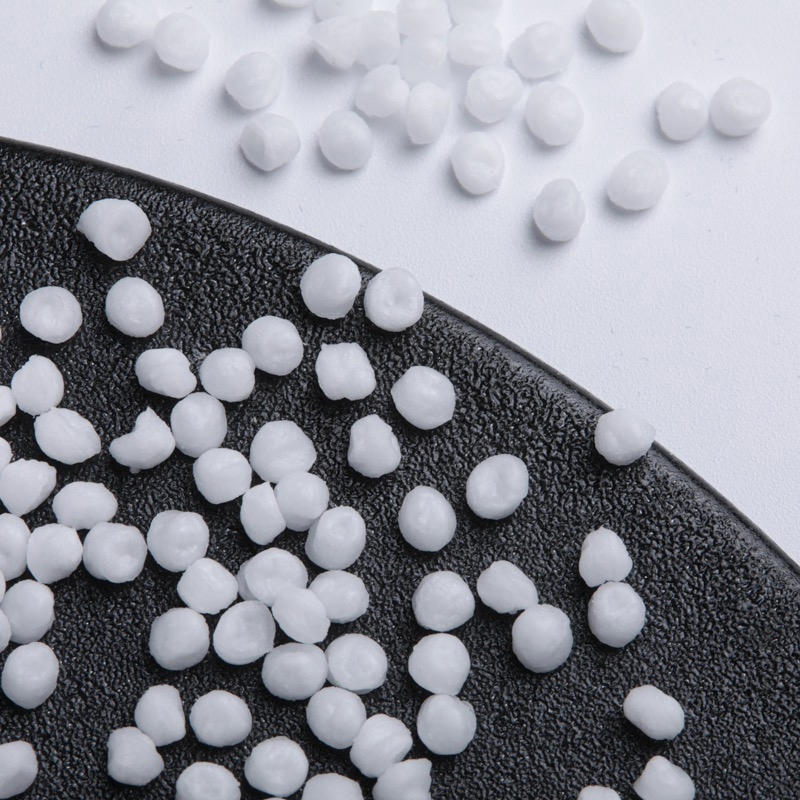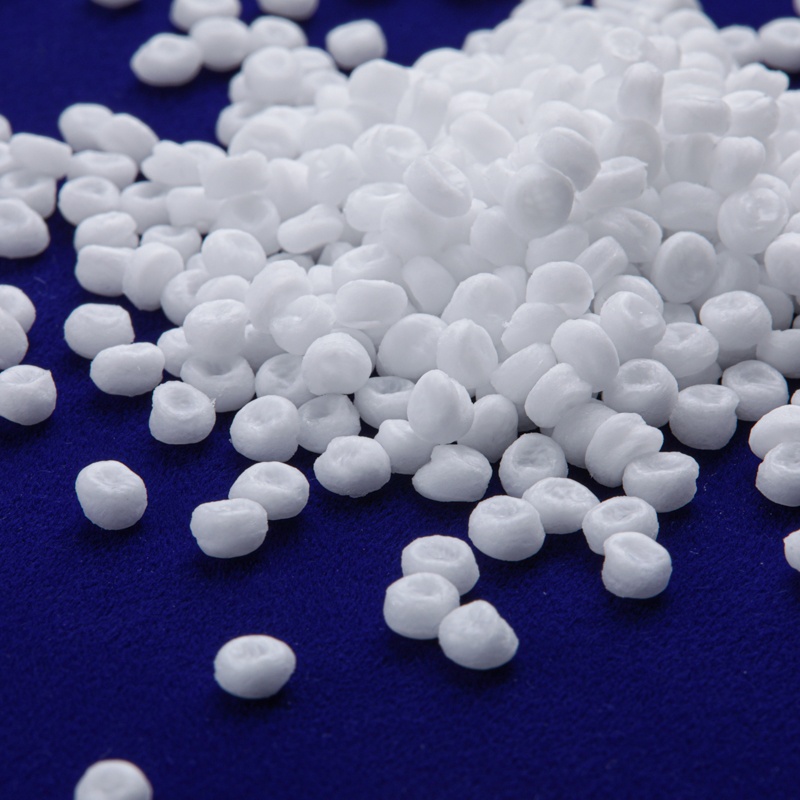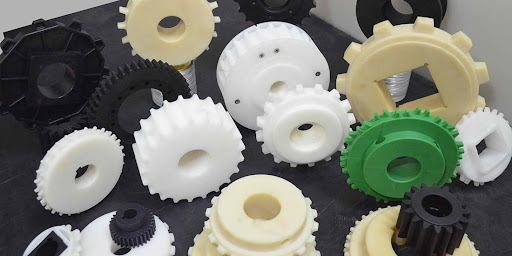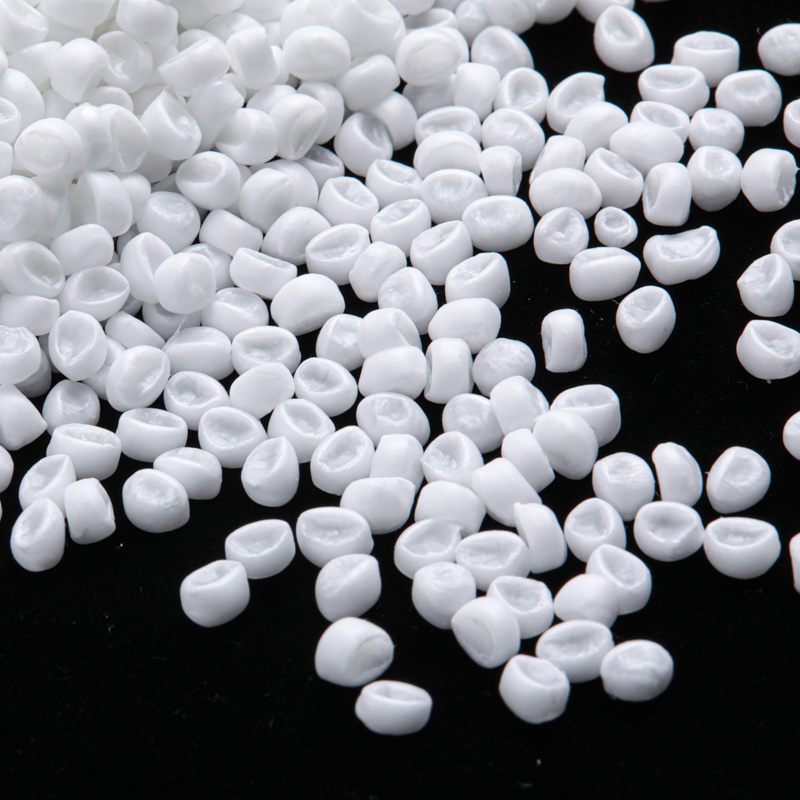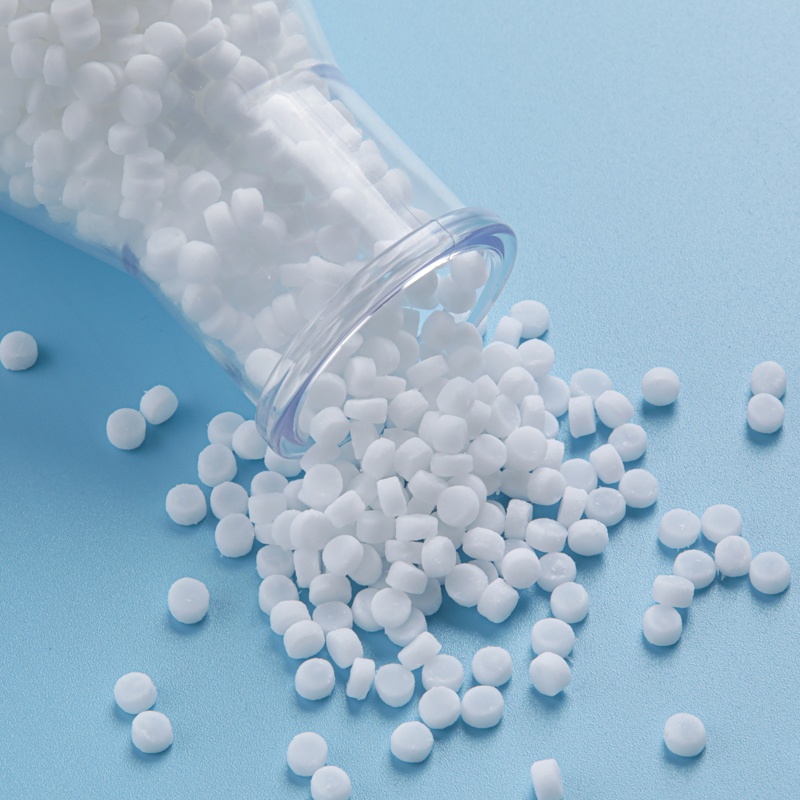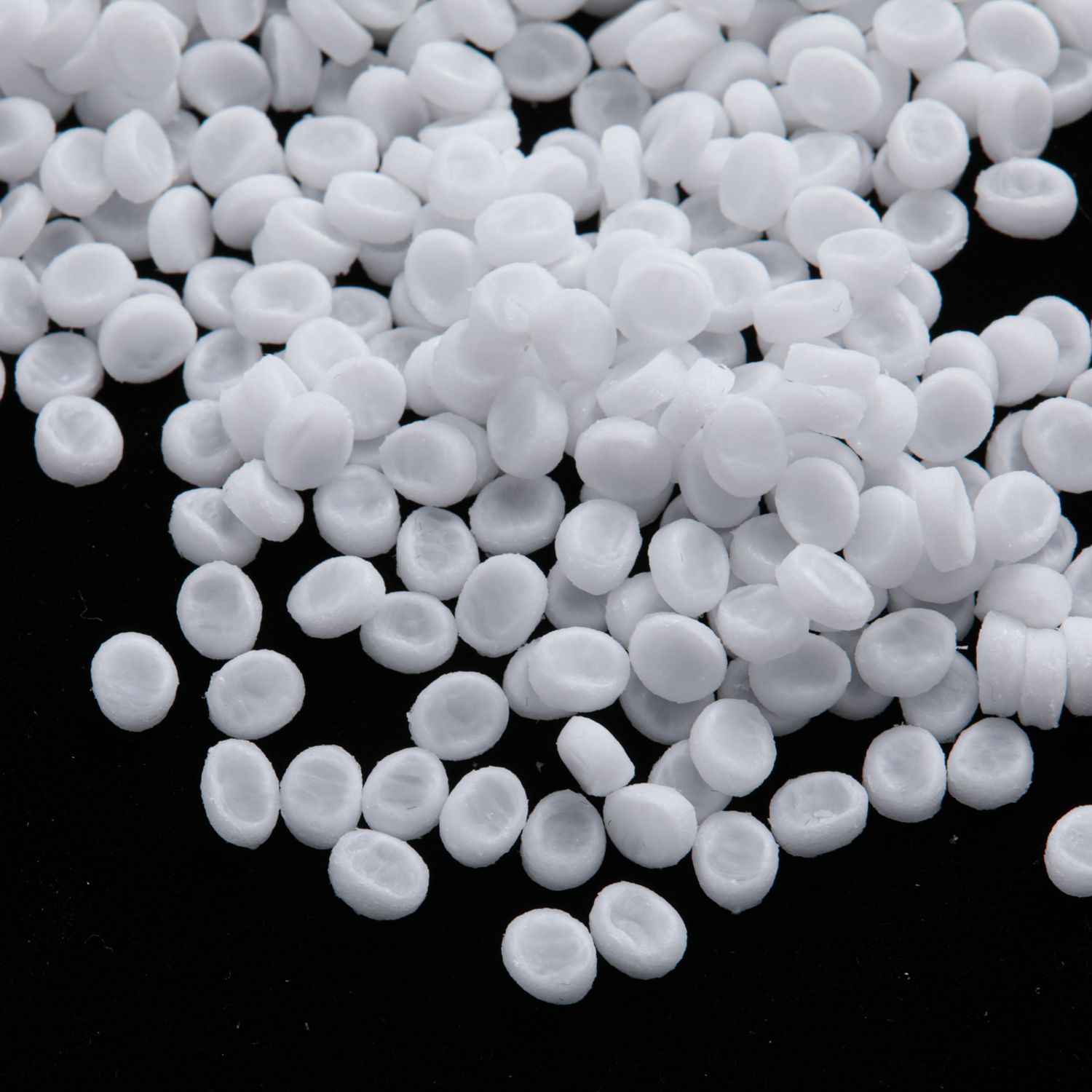Products Description
Two of the most crucial considerations in the manufacture of plastic items are strength and durability. Engineering plastic additives have made it possible for producers to improve the qualities of their plastic goods, making them stronger and more durable.
The role of silicone masterbatch in the performance of the surface layer is: to improve the wear resistance and scratch resistance of the composite material; to reduce the friction coefficient of the surface layer; to improve the surface gloss and remove surface defects; floating phenomenon; no effect on surface printing, painting, bonding and electroplating.
The main performances are: it will not migrate or decompose, and has no effect on painting, printing, electroplating, etc. Typical applications are: automotive interior decoration, PP/EPDM composite materials, talcum powder composite materials, PP improves hand feel, improves wear resistance, anti-sticking and stain resistance, mold release after modification, PE anti-adhesion, improves processability, and mold release after modification Resistance, removal of flow lines, etc., stain resistance, mold release, scratch resistance, nylon improves slipperiness, improves processability, waterproof production, prevents textile exposure, etc., POM improves processability, improves mold release, ABS improves the handle, improves mold release, and improves wear resistance, thermoplastic elastomer improves the handle, prevents sticking and staining, polyamide improves smoothness, and improves processability.
Feature
Chemical substances called engineering plastic additives are added to plastics to enhance their mechanical and physical qualities. These additions can improve a variety of qualities, including:
1. Impact resistance: Engineering plastic additives can strengthen polymers and reduce their susceptibility to breaking or cracking under impact.
2. Heat resistance: The heat-resistant qualities of plastics may be enhanced by adding engineering plastic additives, making them ideal for usage in high-temperature situations.
3. UV resistance: Some additives for engineering plastics are intended to shield polymers from ultraviolet rays, avoiding material deterioration and discoloration.
4. Flame retardancy: Some additives for engineering plastics can increase the fire resistance and slow the rate of ignition of plastics.

Applications
Engineering plastic additives can be used in a variety of industries, including consumer products, electronics, and the construction and automotive sectors. Products like this can profit from additives for engineering plastics.
1. Auto parts: The heat-resistant and flame-retardant characteristics of engineering plastic additives can be used to the advantage of electrical systems, ignition systems, and engine components.
2. Construction materials: Impact resistance and UV protection qualities can be added to structural materials like flooring and roofing.
3. Electronics: By using engineering plastic additives, electronic components may be made more impact-resistant and less likely to shatter or crack.
4. Medical equipment: Some engineering plastic additives have biocompatible qualities that might be advantageous for materials used in medical equipment.
Engineering plastic additives have revolutionized the plastics manufacturing sector by enabling producers to improve the tensile strength, tensile durability, and life of their plastic goods. These additives are a useful addition to any industrial process due to their qualities, advantages, and uses. Manufacturers may develop stronger, more reliable, and safer plastic goods with enhanced qualities by integrating engineering plastic additives into their products. This can eventually lead to cost savings and higher customer satisfaction.


